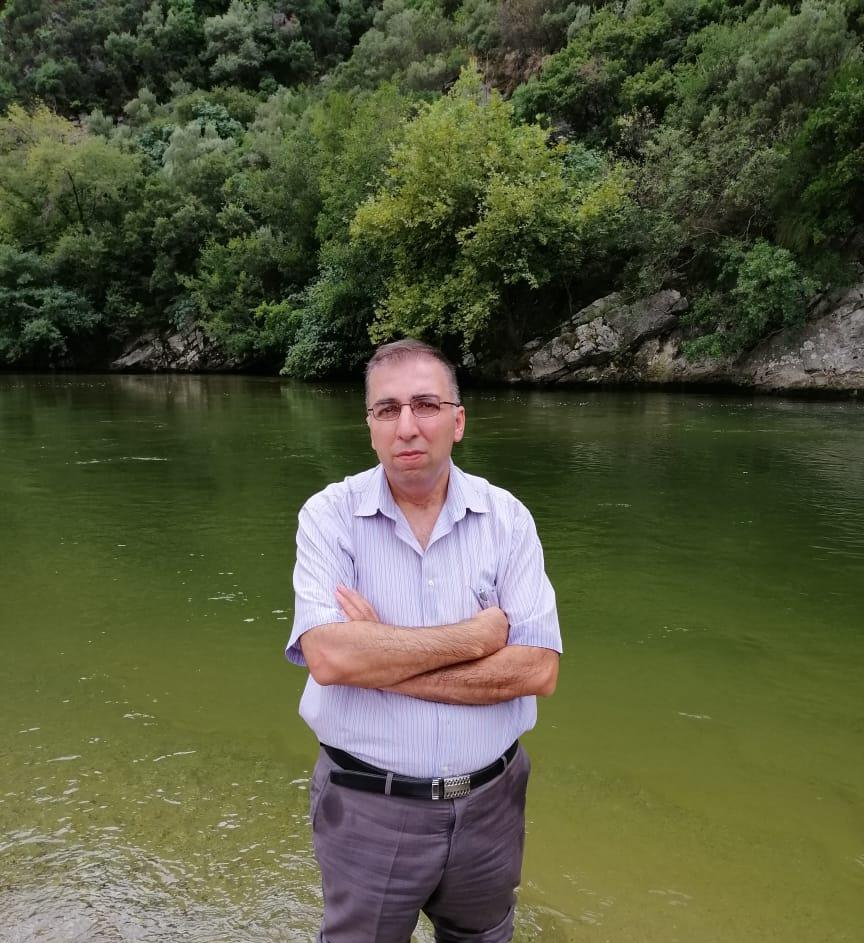The water situation in Jordan and the potential contribution of the NAWAMED project

In this article, Prof. Ahmed Al-Salaymeh, coordinator of the NAWAMED project at the University of Jordan, discusses the water situation in Jordan and the potential contribution of the NAWAMED project. Here are the main highlights of what he said.
Jordan is facing a deepening multipronged freshwater crisis, exacerbated by a long-term decline in precipitation, decreasing groundwater levels, and regional conflict and immigration.
Jordan’s per capita water availability has decreased from 3600 m3/year in 1946 to less than 100 m3/year nowadays, putting the nation far below the 500 m3/year level of "absolute water scarcity". The water supply in Jordan comes mainly from three major sources: groundwater (59%), surface water (27%), and treated water (14%).
Wastewater treatment and desalination are the only available options for Jordan. Jordan is a world leader in wastewater treatment for irrigation and urban water supply. The annual volume of treated water from from conventional Wastewater Treatment Plants (WWTPs) amounts 146.7 Million Cubic Meters.
In thsi context, rhe NAWAMED project will introduce an innovative, low cost, and nature based system for greywater treatment and reuse, which can serve locations that cannot be reached by centralized systems due to technical and financial limitations.
The main barrier for wider dissemination of suitable greywater management systems at household level is the lack of knowledge and experience. NAWAMED project will definitely promote and disseminate this concept in Jordan.
Such system will significantly contribute to alleviate water scarcity, reduce water bills for residents and mitigate the problem of diluted wastewater inflow in treatment plants.









